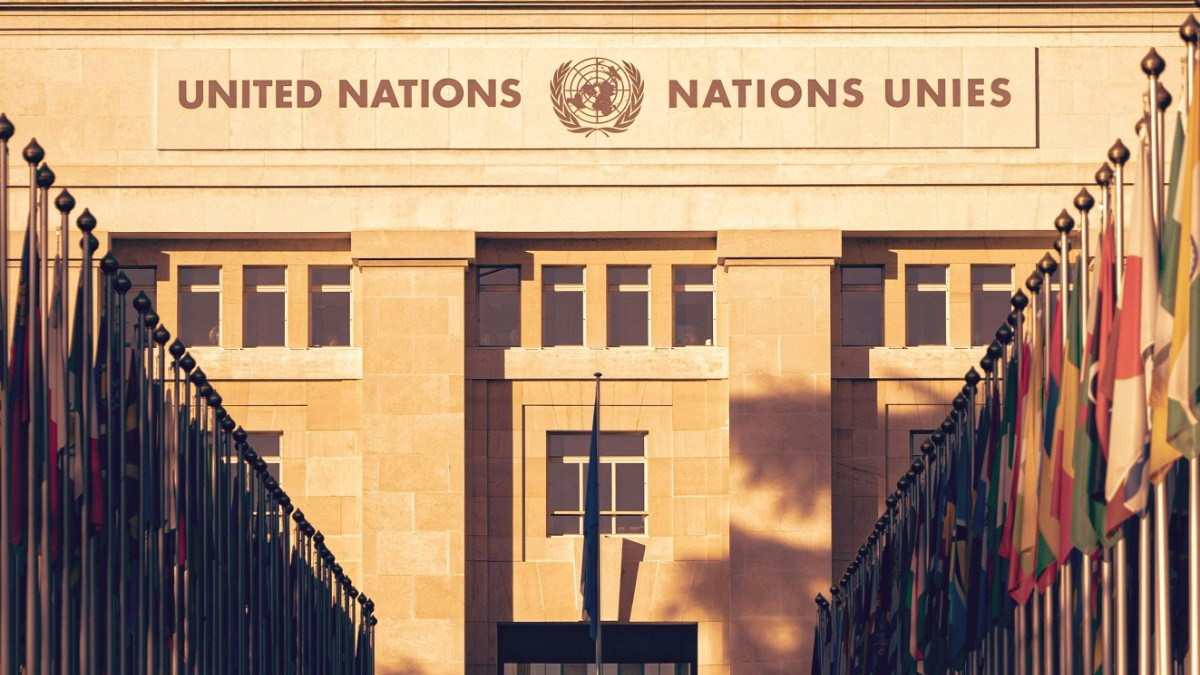Appointed by President-elect Donald Trump, Elise Stefanik of New York is one of the most leading Republican congresswoman to be appointed as the new U.S. ambassador to the United Nations. This appointment marks an important moment in her political life and speaks volumes about her close association with Trump and his administration’s policies.
Early life and education
Born on July 2, 1984, in Albany, New York, Elise Marie Stefanik was a first-generation graduate of her family. She attended Harvard University for her bachelor of arts in Government, graduating in 2006, and was distinguished for her leadership skills, serving as the vice president of the Harvard Institute of Politics. Her interest in politics began with the attacks of September 11, 9/11; to this end, she pursued a career in public service.
Political career
It wasn’t until 2014, with her run for the U.S. House of Representatives in the 21st congressional district in New York, that Stefanik’s political career really took off. When elected at the age of 30, she became the youngest woman to be elected to Congress at the time. Initially elected as a moderate conservative, she shifted drastically rightwards in her political orientation once aligning quite closely with Donald Trump.
Throughout her time in Congress, Stefanik has been one of Trump’s most outspoken boosters, holding key roles in a variety of the most publicized political moments of his presidency. She publicly opposed Trump’s first impeachment in 2019 and later supported efforts to challenge the results of the 2020 presidential election. Her fealty to Trump was further entrenched when, in May 2021, she succeeded Liz Cheney as chair of the House Republican Conference after Cheney was just booted out for her criticism against Trump.
Advocacy and key issues
Stefenik has received national attention for her advocacy on a range of issues, especially those concerning Israel and antisemitism. She recently criticized the United Nations for what she described as its poor support of Israel in conflict, specifically since the October 7, 2023, attacks by Hamas. This included calling for a reevaluation of U.S. funding to UN agencies which she believes “weaken the security” of Israel.
In recent Congressional hearings, Stefanik pressed university leaders over the growing problem of antisemitism on campuses, which gained high media attention and caused university resignations. This has been a core part of her platform as she enters her new role at the UN.
The UN ambassador’s role
As ambassador to the United Nations for the United States, Stefanik will be called upon to advance American interests on the world stage at a moment in history when the relationships between major powers are more fraught than at almost any other time since the Cold War. Trump has made clear he believes Stefanik will strongly advance an “America First” agenda before the UN and touts her strength and resilience as attributes that will favorably serve the U.S. in international diplomacy. Stefanik’s agenda is likely to include the following:
- Support for Israel: This position requires such a policy course to make sure that Israel’s security is strengthened and perceived biases against it in UN operations are taken care of.
- Antisemitism: Underlining various efforts towards combating antisemitism across the world while making U.S. allies take strong measures against this menace.
- Global threats: Emphasis on threats emanating from China and Russia with cementing relationships with traditional allies.
While she does not have direct experience in foreign policy like many former ambassadors do, Stefanik has served on Congress’s national security committees and therefore brings some exposure to and knowledge of international relations with her.
Read more: US Election 2024: What happens if the president-elect dies or becomes disabled before the inauguration?
Read more: What is the 4B? The movement emerged in South Korea led by women after Donald Trump’s victory in the US Election 2024
